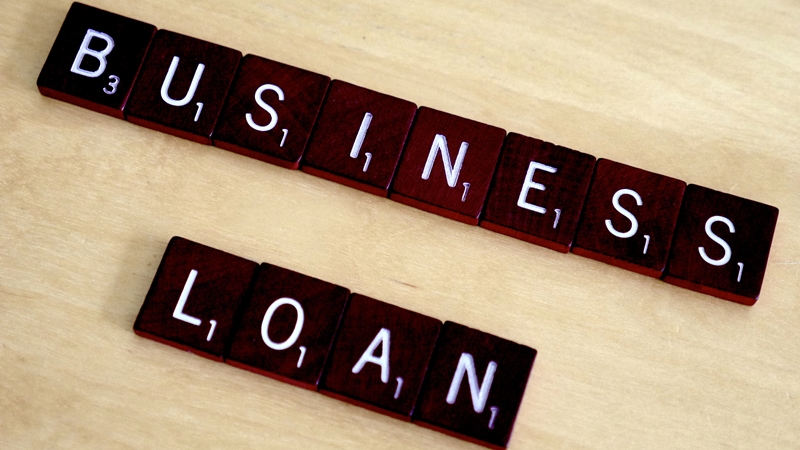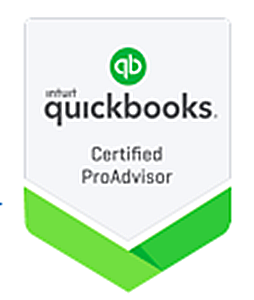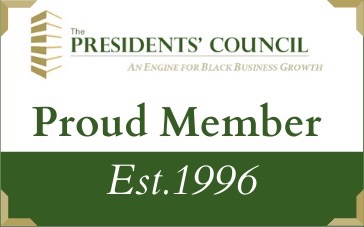More EIDL Relief Available In April
The U.S. Small Business Administration is more than tripling the maximum amount that small businesses and nonprofits can borrow under the COVID-19 Economic Injury Disaster Loans (EIDL) program.
Starting the week of April 6, the loan limit for COVID-19 EIDL loans will jump $150,000 for six months of economic injury to $500,000 for up to 24 months of economic injury.
Any COVID-19 EIDL loans in process when the new loan limits go into effect will automatically be considered for the new maximum limits, the SBA said.
Existing COVID-19 EIDL borrowers will be able to request an increase beginning April 6. A spokesperson said the SBA will provide updated instructions on how to request a loan increase on SBA.gov and also will reach out directly via email to existing COVID-19 borrowers with loans approved prior to the increased loan limit taking effect.
The SBA loans have a 30-year maturity with interest rates of 3.75% for small businesses, including sole proprietors and independent contractors, and 2.75% for not-for-profits.
Thanks to SBA’s decision to extend deferment period EIDL recipients won’t have to start making payments on their loans until 2022, to defer loan payments. However, borrowers may voluntarily continue to make payments during the deferment as interest will continue to accrue on the outstanding loan balance.
Restaurant Revitalization Relief
SBA eyes early April to begin Restaurant Revitalization Fund rollout. The U.S. Small Business Administration (SBA) is targeting early April to launch a phased rollout of the $28.6 billion Restaurant Revitalization Fund (RRF), a senior SBA official testified during a Senate Small Business Committee hearing.
The American Rescue Plan Act, P.L. 117-2, created the RRF to provide restaurants with grants equal to their pandemic-related revenue loss, up to $10 million per entity, or $5 million per physical location.
Ideally, SBA would be able over the next seven to 10 days to begin posting RRF information, such as guidance and required documentation, relevant to potential applicants.
The program would then move to a pilot phase, in which the program would begin accepting applications based on prioritization established in the American Rescue Plan Act, which sets aside $5 billion for the smallest applicants ($500,000 or less in 2019 gross receipts) and requires that during the first 21 days of the grants, the SBA will prioritize applications from restaurants owned and operated or controlled by women, veterans, or socially and economically disadvantaged individuals.
After the prioritization /pilot phase, grants would become available more broadly.
Shuttered Venue Operators Grant Program to Open April 8
The U.S. Small Business Administration (SBA) has set April 8 as the date it will begin accepting applications for the Shuttered Venue Operators Grant (SVOG) program.
Entities eligible to apply for an SVOG include live venue operators or promoters, theatrical producers, live performing arts organization operators, museum operators, motion picture theater operators, and talent representatives. Earlier this week, the SBA updated a matrix with eligibility requirements.
In a news release, the SBA said it has launched a splash page for the new SVOG application portal. Venue operators and other entities interested in applying for an SVOG can sign up to receive email notifications by going to the splash page and clicking on the red sign-up box or just clicking this link https://www.svograntportal.sba.gov/s/
The American Rescue Plan Act also amended the SVOG program so entities that apply for a Paycheck Protection Program (PPP) loan after Dec. 27, 2020, can also apply for an SVOG, with the eligible entity’s SVOG to be reduced by the PPP loan amount. An interim final rule released Thursday codified those changes with additional details
More information on the SVOG, including video tutorials, is available on a dedicated website.



